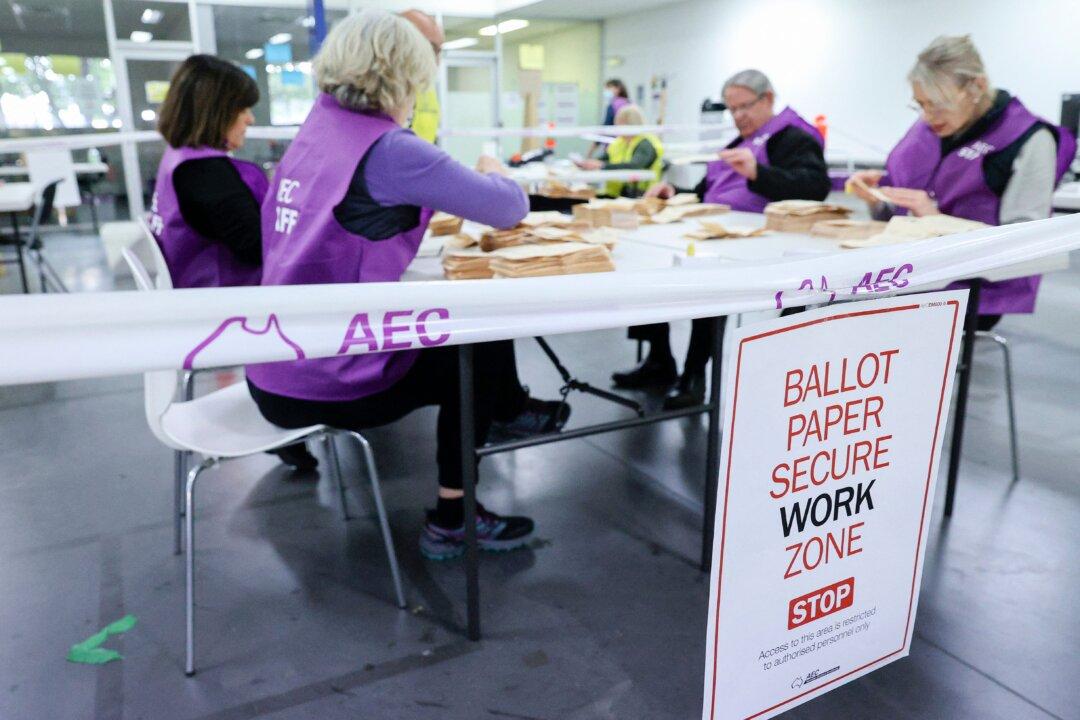The Australian Electoral Commission (AEC) has said it does not want the power to regulate the messaging of political candidates due to the impact it would have on people’s trust.
During a recent Senate inquiry hearing, AEC’s representatives were questioned about their views on the Misinformation Bill and the issue that political messages could be considered dis- and misinformation.





